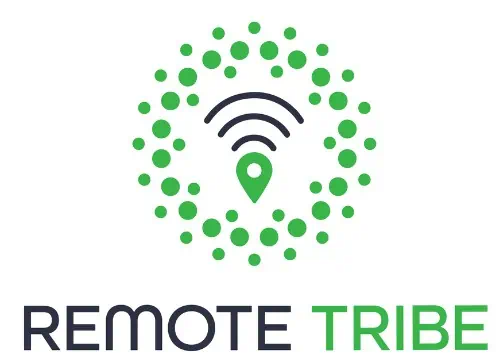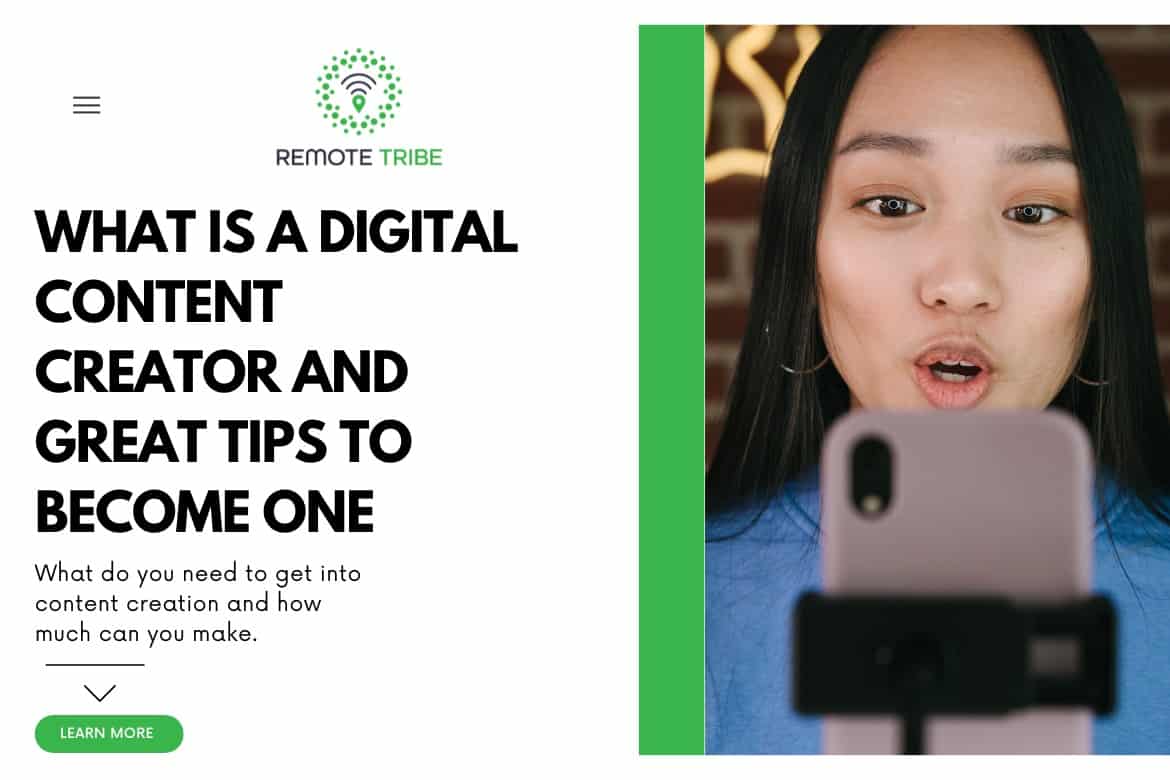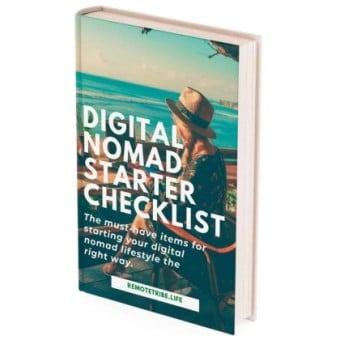

A social media influencer role can be somehow very different from a content creator.
The Digital Creator - A new breed of entrepreneur
Digital marketing and the meaning of being a digital creator are constantly evolving. A digital content creator is very different from an influencer, and brands often overlook the distinction.
Influencers promote products to their audience, and while they might produce content regularly, the focus is not on digital media. Content creators are different in this regard and prioritize their digital media.
Brands chose to work with content creators to elevate their digital marketing strategy and reach their target audience directly. In the marketing mix, the place is especially impacted by this as viewers are seeing brand deals created by marketers on social media where they might come to unwind and consume content from their friends and family.
This places a piece of content produced by an influencer or content creator alongside more personal photos and videos, giving it an elevated level of creativity.
In the promotion category of the marketing mix, digital marketing produced by a successful content creator might appear more like word of mouth or a credible recommendation. This allows brands to increase awareness and boost their image.
However, influencers and digital creators do not have the same effect, and this article clearly defines the meaning of being a digital creator compared to an influencer.
How to become a professional digital content creator
Anyone can become a professional digital content creator, but a few skills are essential to guarantee success in content creation. Digital media and the marketing that is associated with it are diverse fields, and there are endless niches to explore as a content creator.
Authenticity is often considered the most crucial part of content creation as it builds an engaged audience and can influence the viewer’s purchasing decision considerably. By reaching the right target audience, creators and influencers can tailor their content to their target audience and the specific needs of their viewers.
Digital media and online content are closely interlinked with storytelling, and any new content creator should make sure they are aware of the significance and meaning of this strategy. Content should be engaging and encourage viewers to interact and eventually make a purchasing decision. Exciting storylines allow video content to be longer and provide more advertising space.
A certain level of creativity is absolutely essential for any professional content creator. Coming up with original and unique content constantly can be a challenge and does certainly not come easy for everyone. This skill needs to be mastered before delving into the world of content creation and digital media.
Whether the focus lies on video or photography content, editing is always a necessary part of the process. This might involve technical skills that take some time to master. Practice is key to producing high-quality digital content. Eventually, the editing process can also be outsourced, although this can be expensive.
How much do digital creators make?
Much like any job, it can be difficult to pinpoint an exact salary for a digital content creator. Income will vary depending on the niche, type of content creation, platform, and audience size. It is possible to make a considerable monthly income even with a small audience, though, especially if viewers are engaged and interact with a piece of content regularly.
An average digital creator could have a salary somewhere between $4,000 and $6,000, while a more successful influencer or content creator could make well over $20,000 per month.
Some notable names in the travel industry include example, Christian Leblanc, Drew Binsky, Jack Morris, and Sorelle Amore. While their exact monthly earnings are not available to the public, they are estimated to make $30,000 or more every month. This number is so high because all of these creators focus on several different income streams which go beyond content creation and digital media.
How much do digital creators make?
Most modern brands utilize digital creators and influencer marketing in some way. However, they are not synonymous, and knowing the difference is very important for a company’s marketing mix.
An influencer’s main job is to influence the purchasing decisions of their target audience, usually in the form of a brand deal. They are sometimes compared to word-of-mouth recommendations in the marketing mix, raise awareness, and can influence the brand image.
Influencers are paid to recommend products to an engaged audience through different channels or platforms. This could include Instagram, TikTok, Youtube or even a blog post, but it will depend on the type of content creator. Therefore, influencers position themselves as authority figures in their niche, and a piece of sponsored content created by them might appear more like an unbiased recommendation than a paid contract.
However, the younger generation is growing increasingly aware of this strategy and might not perceive influencers to be very trustworthy, which could impact the advertising brand negatively.
A digital creator’s primary purpose is not to influence but rather to create value through content. This could be an Instagram content creator, a Youtuber, blogger, or someone who provides short-form videos on TikTok. Digital creators can have a similar place in the marketing mix as influencers, but their effect on brands will be different.
Their target audience sees them as experts in their niche with a much more unbiased opinion than an influencer. Digital creators see content creation as a passion, while brand deals come second. Brands may use them for a more authentic and credible brand image and a more informed purchasing decision for the target audience.
Final piece of advice
With the right skills, anyone can become a successful digital content creator. However, in order to maximize your potential for success, it’s important to focus on developing three core skills: authenticity, creativity, and storytelling.
These are essential for creating content that resonates with your audience and drives results. Are you ready to start creating content that engages and converts? The sky is the limit!









